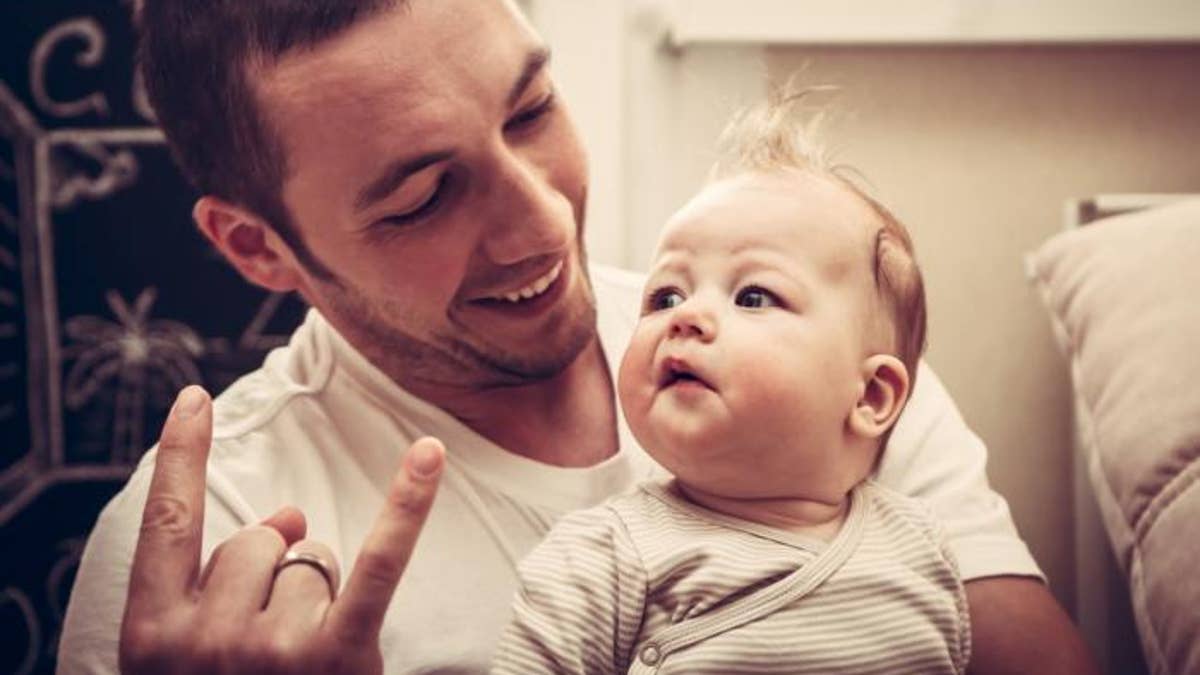
With the name "mama" on the rise in the U.S., the Daily Beast proposes anecdotal evidence that "papa" is now also in vogue — at least among Brooklyn hipsters with offspring, that is. But will it make its way back across the rest of the country, where it reached its popularity apex as the go-to term of endearment in 1870, according to one book-based linguistic analysis?
Common in other languages, such as Russian, French and Swedish, "papa" officially dropped below "dad" and "daddy" in the U.S. around 1970, but some are now arguing that it sounds "hip" and "cute" and more "open-minded," while "dad" is, by comparison, "bland" and "drab" and "very Saved by the Bell-ish."
The trend has spread at least a bit beyond Brooklyn's borders. Justin Underwood in Virginia calls himself a "feminist papa bear" and says we now "live in an age when fathers are more in touch with their feminine sides and are all right with playing dress-up and putting on makeup with their daughters."
Others note that "papa" doesn't remind them of their own old-fashioned fathers, which is apparently a perk. Today's papas "think to themselves, 'My dad wasn't a co-parent like I am,'" one linguist says. "[It's] a kind of linguistic reclaiming."
But before your family makes the switch, New York magazine recommends trying it out in a sentence first. It proposes: "Papa, this artisanal gelato is giving me a tummy-ache."
(Speaking of words, this is the new word of the year.)

